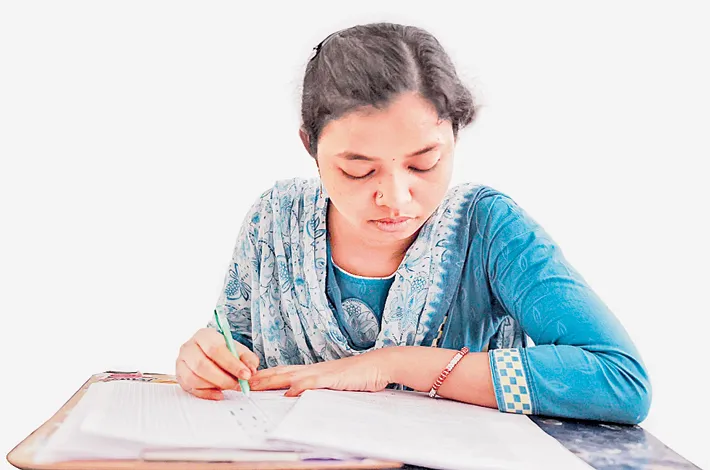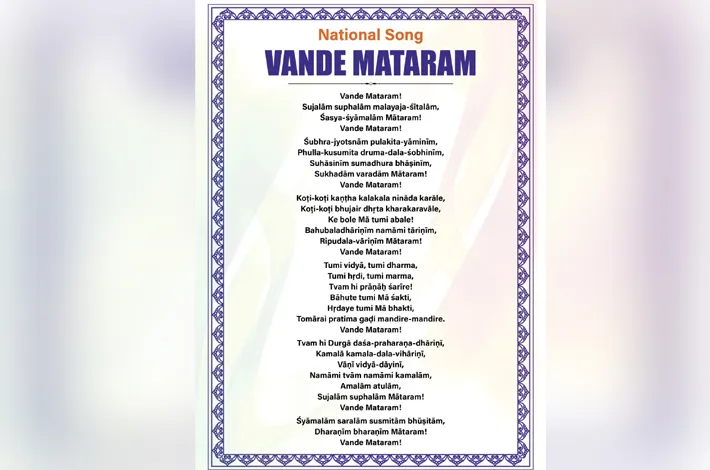Inter Science students get half-mark relaxation
23-10-2025 12:00:00 AM

■ The Board has decided to introduce a half-mark relaxation for science subjects that include practical examinations
■ Students who score over 30% in all subjects and secure high marks in at least one subject will still be deemed as having passed
■ Students who fall short by just half a mark in the written exams for Physics, Chemistry, and Biology will now be considered as having passed
■ Botany and Zoology merged into a single paper
■ One-mark questions are being introduced in first-year exams for the first time
kiranmai tutika I hyderabad
The Andhra Pradesh Board of Intermediate Education (BIEAP) has announced a major reform in its examination system, bringing relief to lakhs of students studying under the newly implemented NCERT syllabus from this academic year. The Board has decided to introduce a half-mark relaxation for science subjects that include practical examinations, a move aimed at reducing student anxiety over narrow failures.
Under the revised system, students who fall short by just half a mark in the written exams for Physics, Chemistry, and Biology will now be considered as having passed. Until last year, students needed a minimum of 59.50 marks to qualify, but that threshold has now been revised to 59 marks for both years. The Board clarified that this minor shortfall will be adjusted in the second-year practical exam scores. Correspondingly, the passing mark for practicals has been raised from 10.5 to 11 marks.
In another key change, the Board has restructured the Biology exam by merging Botany and Zoology into a single paper. The combined paper will now carry 85 marks, with 43 marks allocated for Botany and 42 for Zoology. Additionally, one-mark questions are being introduced in first-year exams for the first time. However, officials clarified that no choice will be provided for one-mark or two-mark questions.
It may be noted that the Board of Intermediate (BIE) was formed in 1977 in erstwhile United Andhra Pradesh. In CBSE and ICSE both subjects were merged and for the last 20 years, a single teacher was teaching both subjects in other states and in central schools but this is not the case in Andhra Pradesh and Telangana States.
Apart from these changes in the testing pattern, certain existing rules will continue. Students who score over 30% in all subjects and secure high marks in at least one subject will still be deemed as having passed. The Geography syllabus remains unchanged, and exams for the subject will continue under the old format. The Board also stated that passing the optional sixth subject is not mandatory, and separate memos will be issued for it.
Speaking to Metro India, a senior faculty on condition of anonymity said that there is a lot of confusion among the students. “When a combined paper for Botany and Zoology is given, they still wait for a separate paper. Likewise, there is confusion on the evaluation process. Which lecturer would evaluate the paper first and pass it on to the other subject expert.”
Lecturers, a worried lot
Even as the changes are being made, there is a sense of despondency among the teaching community. Many feel that in the future a Botany or a Zoology lecturer would be told to teach both subjects and also, there would be no more appointments. The final exams are expected to be conducted in the month of March and there is no clarity on the issue of evaluation.
As far as the relaxation of half-mark goes, the student friendly policy has gone down well with the student community but the evaluation and faculty concerns is something that the Government needs to look into.








